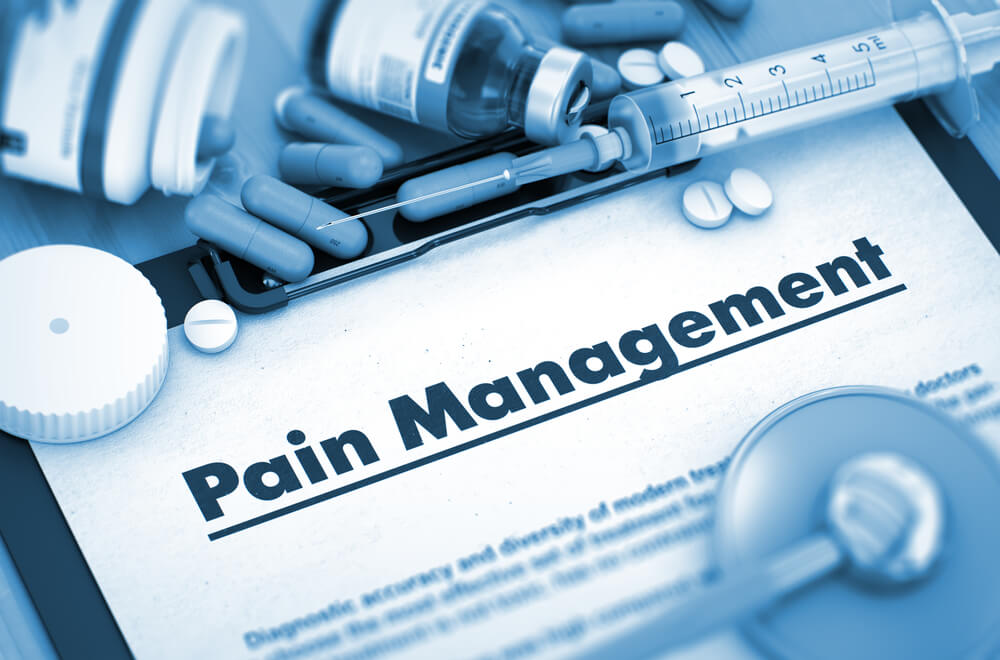



Get new exclusive access to healthcare business reports & breaking news




The COVID-19 pandemic is making everyone struggle as people try to adapt to the new normal. Many are affected in terms of their business, work, household, and, most importantly, managing their health. Some struggle to keep their sanity during this quarantine period, especially if they need to seek pain treatment.
During this pandemic, pain management experts need to properly balance a patient’s access to therapy to decrease the risk of the patient and health providers. To help control the increasing levels of uncertainty, anxiety, and pain, here are some actionable tips.
The demand for telemedicine increases as institutions make some provisions to maintain patient safety and health care providers. By connecting to patients over phone and video chat powered by various telemedicine platforms, physicians can give guidance and support for exercises at home for pain relief. Exercise routines such as yoga are commonly used for treating pain.
Some medical institutions can give recommendations for over-the-counter medications and instructions on how to administer prescription and nonprescription drugs.
Understandably, most people are nervous about going to pharmacies in person to pick up their prescription, but with the use of technology, in person contact is reduced to a minimum.
Physicians must consider the understanding, pain level, coexisting functional impairment, comorbid factors, social considerations, and chances of a visit to provide proper health care. There are circumstances where patients heed minimal emergency services, need for physical examination, the risk from in-person visits, and work status.
The COVID-19 pandemic has increased many patients’ levels of stress, which can negatively impact the immune system.
This situation gravely increases the likelihood of patients developing depression, heartburn, headaches, high blood pressure, insomnia, high blood sugar, and pain.
Patients should learn how to manage their anxiety and stress levels to avoid a damaging increase in the patient’s pain levels.
Most physicians recommend techniques such as simple exercise routines, meditation, healthy dieting, and good sleep.
Family members and caregivers play a significant role in pain management as well. They can encourage the patient about healthy habits to help minimize anxiety and lead to relief in pain.
Most pain management would need prescribed medications to suppress the immune system in order to help reduce pain levels. Patients with serious conditions such as lupus multiple sclerosis, rheumatoid arthritis, and other autoimmune diseases are at risk of developing severe illness from the coronavirus due to their prescribed medications.
Most healthcare providers are committed to the fight against the COVID-19 pandemic.
Pain relief management can be difficult without the help of medical professionals and proper use of equipment. Some facilities are back to their operations, but with scheduled appointments and reducing patient interaction.
There are situations when patients would need steroids for their pain. Physicians should carefully use the lowest dose and tell their patients about the possibility of immunosuppression and infection.
Experts say that it is reasonable to prescribe short-term opioids through telehealth communications. But they should be used only sparingly to avoid getting patients addicted to the very powerful substances used in opioid-based treatment protocols. Healthcare providers must create an exit strategy for their patients who are prescribed opioids.
It would be best to seek pain management specialists and anesthesiologists for pain relief management, especially during this COVID-19 pandemic.
It can be dangerous if you try to self-medicate your condition and make things worse. You can check out pain management clinics like Seattle Pain Relief for professional help and manage your pain correctly.
You May Also Want To Read: Easing Pain With Virtual Reality: What US Health Providers Can Learn From Their French Counterparts.